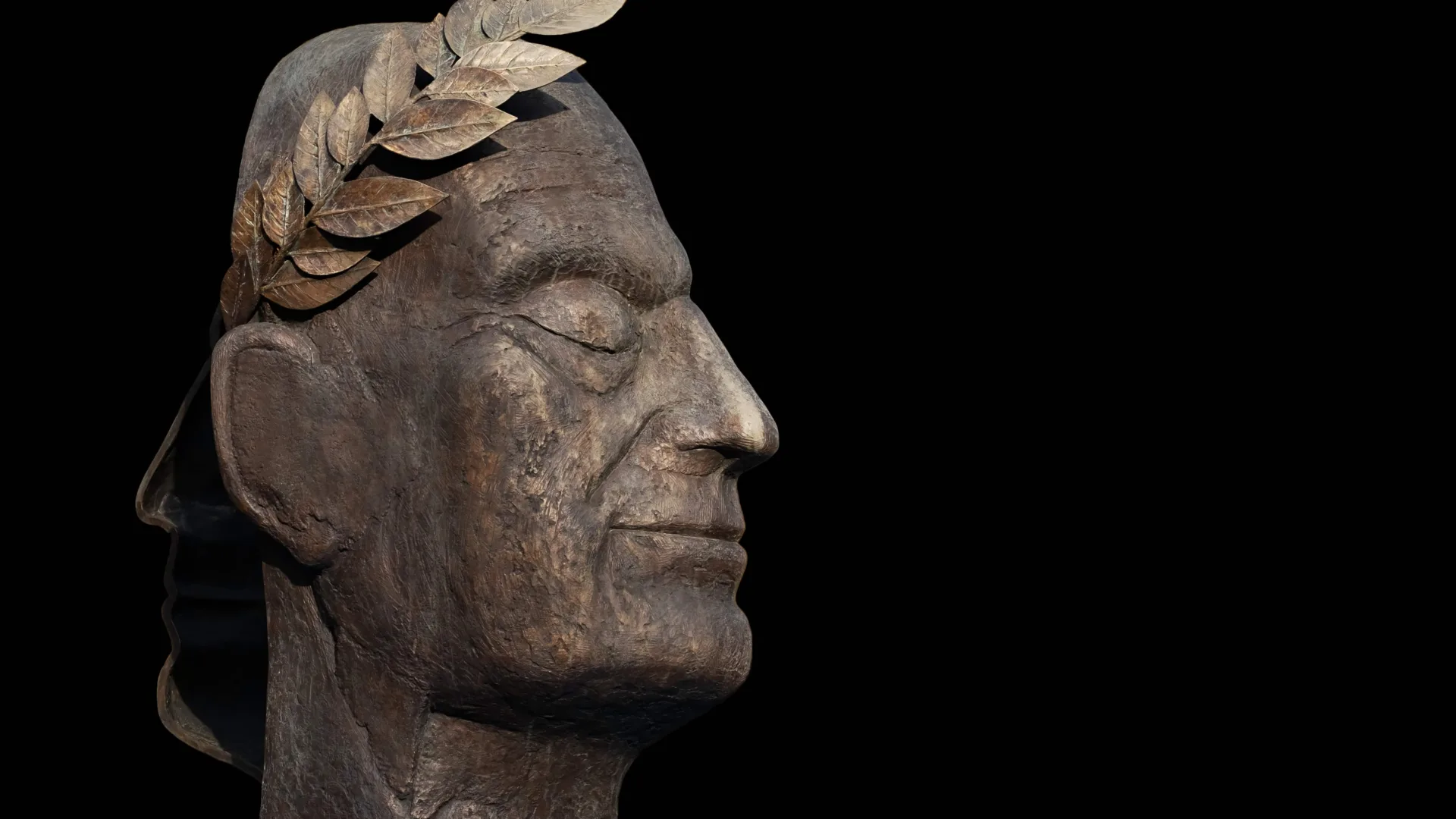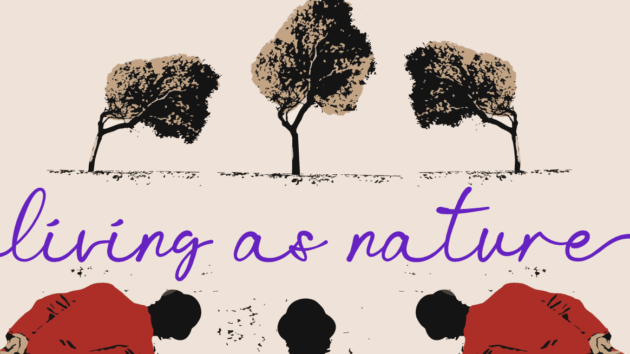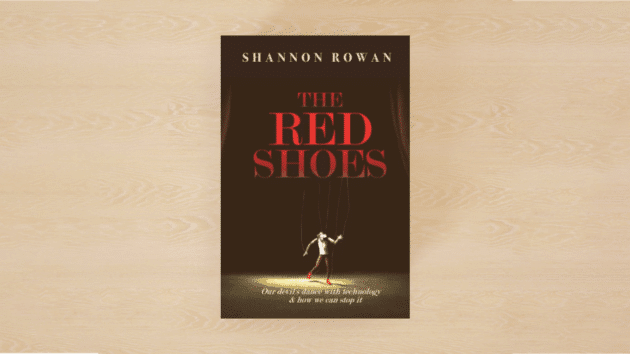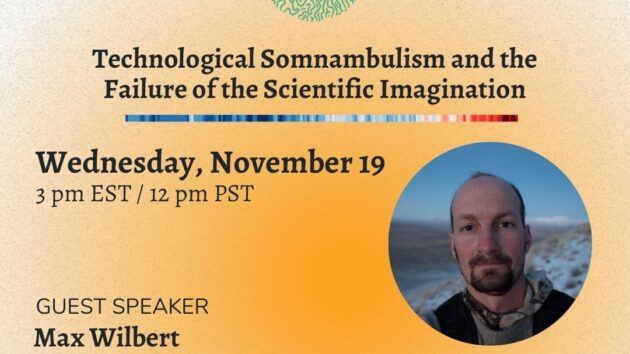Feature Photo by Ilona Frey
History’s Deceptions
Every generation encounters a past in which it did not participate. We call it history when the story of the past is retold. Whether that past is made up of false memories or amnesia, the living generation must decide or, unwisely in my view, simply accept the past as delivered by historians and well-meaning teachers.
In his book, “Silencing the Past: Power and the Production of History,” Haitian professor of anthropology and author, Michel-Rolph Trouillot, wrote:
“We are never as steeped in history as when we pretend not to be, but if we stop pretending we may gain in understanding what we lose in false innocence. Naïveté is often an excuse for those who exercise power. For those upon whom that power is exerted, naïveté is always a mistake.
“History is the fruit of power, but power itself is never so transparent that its analysis becomes superfluous. The ultimate mark of power may be its invisibility; the ultimate challenge, the exposition of its roots.” (Michel-Rolph Trouillot, Silencing the Past: Power and the Production of History, Beacon Press, 2015 p. xxiii.)
In my book “How Wealth Rules the World” I examine power, how it is exercised, particularly in the United States, and how the mechanisms with which it is exerted have been hidden from us by a diversionary narrative that tells us how institutionalized tyranny over the majority of the people by a privileged minority is really a faithful continuation of the ideals of the American Revolution. It’s an assertion that I thought cried out for inspection.
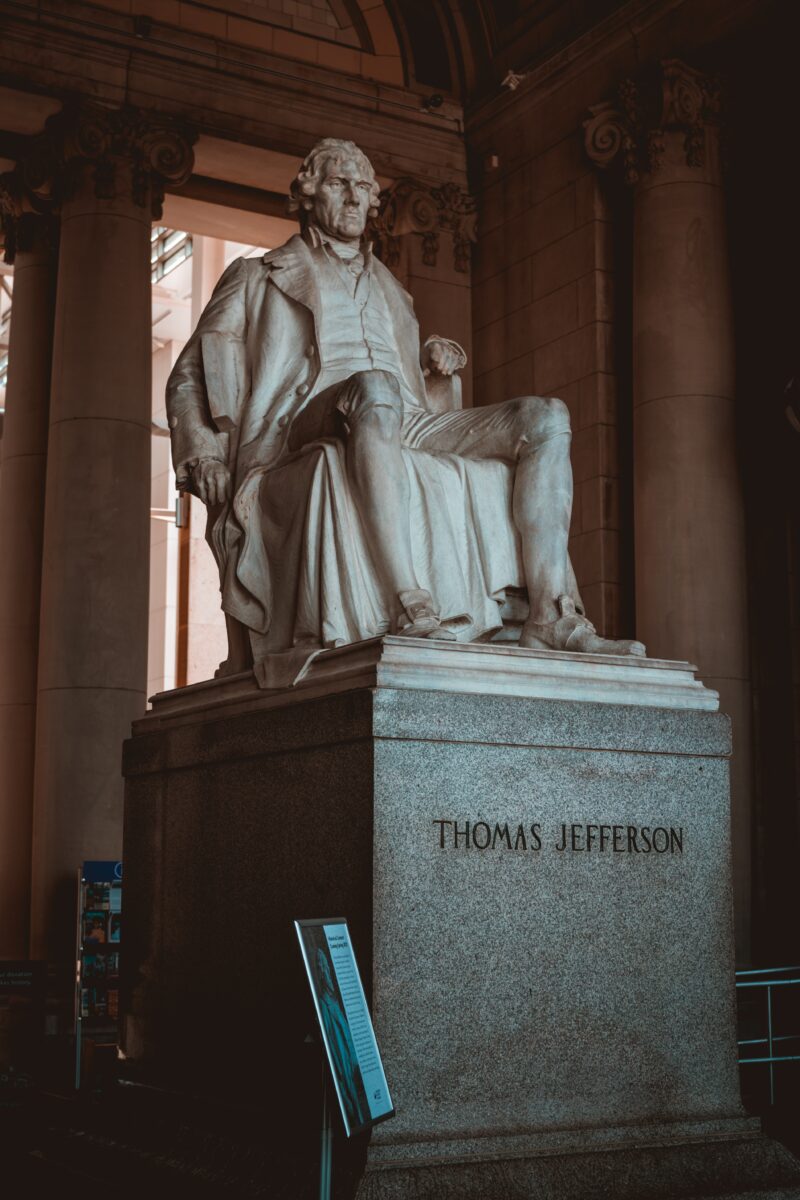
Even so central a figure in that struggle for secession from the British Empire, the author of the Declaration of Independence, saw through the deceptions of the Federalist authors of the counter-revolutionary U. S. Constitution. Thomas Jefferson recognized the ruse of his white male wealthy elitist contemporaries for what it was and continues to be. In the end, ratification of the federalists’ U. S. Constitution was intended to lay the foundation for building a North American-spanning empire.
In a letter to then Virginia ex-representative and candidate for U.S. Senate, William Branch Giles, Thomas Jefferson wrote: “I doubt whether a single fact, known to the world, will carry as clear conviction to it. . . of the treasonable views of the federal party. . . who having nothing in them of the feelings or principles of ’76 now look to a single and splendid government of an Aristocracy, founded on banking institutions and monied in corporations. . . This will be to them a next best blessing to the Monarchy of their first aim, and perhaps the surest stepping stone to it.” (Thomas Jefferson to William Branch Giles, December 26, 1825.)
According to Gary Lawson and Guy Seidman in their book “The Constitution of Empire: Territorial Expansion and American Legal History,” (New Haven, Conn.: Yale University Press, 2004) “as in the Louisiana Purchase and the acquisition of Florida, Texas, Oregon, California, Alaska, and Hawaii, the Constitutionally correct means of acquisition include the treaty power, the power to admit new states into the Union, and the powers of conquest, diplomacy, discovery, and statutory annexation. The political end that justifies territorial acquisition is the capability of a territory to become a state in the Union. Only the acquisition of the Philippine Islands, where the possibility of statehood was nil, fails this test of constitutionality.”
Establishment of a materially superior aristocracy of wealth, in place of the royalty of bloodline, for the purpose of creating a continent-spanning empire in North America, upon cursory examination, was clearly the plan of the Federal constitutionalists. We know this from provisions for annexing new territory included in their frame of government and the intention that new states would soon be added to the United States of America. I know of no other written national constitution on Earth that makes legal provisions for territorial expansion so blatantly.
We know this too from Jefferson’s behavior, suddenly at odds with his earlier seeming idealism, as he became part of the power elite as the third U. S. president under the new constitution. His so-called Louisiana Purchase, which doubled the geographic expanse of the rapidly metastasizing empire, presumed the nation could buy the already settled land of Indigenous Americans from the colonizing European imperialists in France.
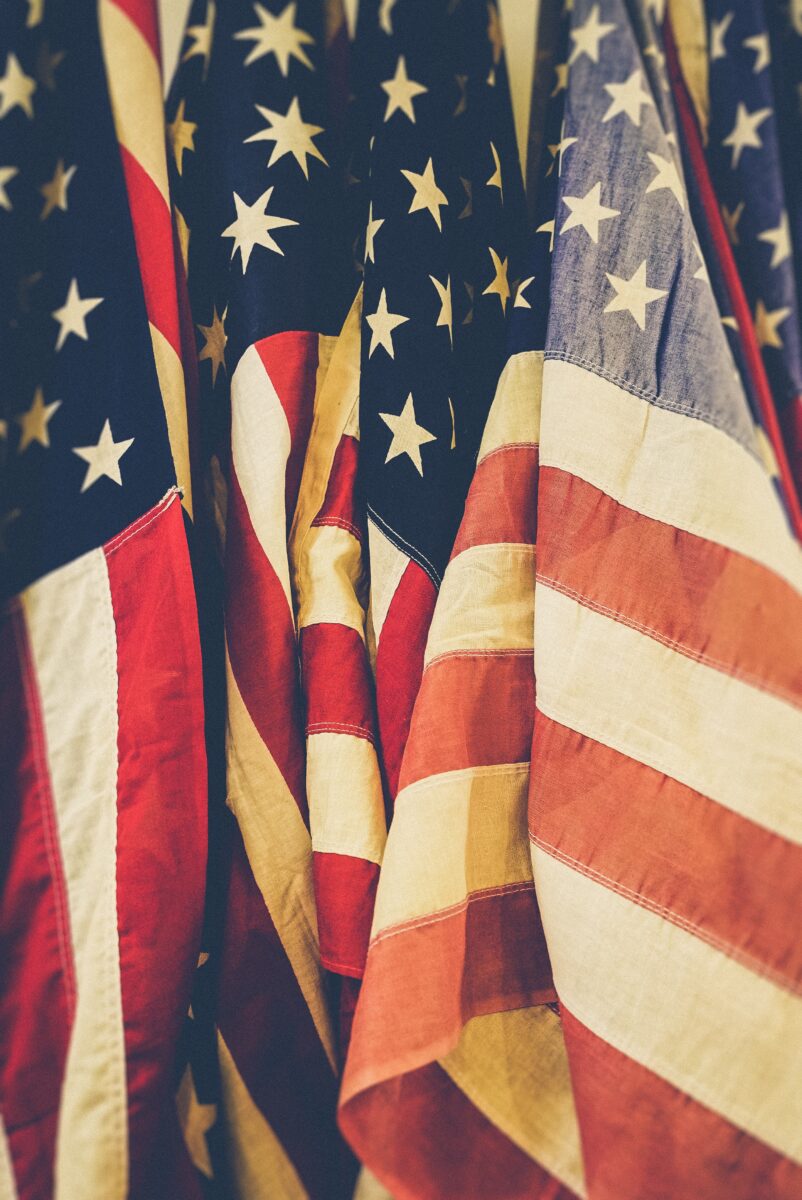
After his generation passed, that project of absorbing natural communities and traditional societies in a tsunami of unrelenting conquest continued under the banner of Manifest Destiny, the Monroe Doctrine, the theft of Caribbean colonies and the Philippines in the Spanish-American War, and the annexation of half of Mexico in an honor deficient war for further territorial expansion followed inexorably.
The narratives used to justify these aggressions have been converted into a fictitious hero-worshiping history of power in which generations of Americans have been indoctrinated. It takes only a modicum of skepticism to grasp that by ditching the ideals of Thomas Paine, Sam Adams and the rebels who actually fought the American Revolution, the Federalist “founders” revealed the counter-revolutionary nature of their project for empire. Wouldn’t you say?
Making the Empire Visible
So where does true history reside? Where can we learn the truth about the past? The land remembers. The consequences of decisions made to advance the Federalists’ goals are recorded in the mass graves of “primitive” people, in the stunted forests and missing chestnuts, elms, and countless other communities of trees, and in diverted rivers, in the pits and scars where prospectors and machines tore open the land. In a place called Cancer Alley in Louisiana, in Love Canal, New York, in New Palestine, Ohio, we see the scars from the plague of empire.
It is visible in the varicose netting of black tar highways poured and flattened across meadows and mountains, from coast to coast. It springs up like weeds in the boxy housing developments cobbled out of nature’s cadaver. It’s a slaughter that’s created momentary profit and progress. And, of course, empire. Let’s not forget empire. History, true history, is recorded in the land. It remembers each and every human empire. Like bleached coral reefs, their remnant columns and walls and pyramids and ziggurats stand eroding.
Denigration of so-called “primitive” societies went viral as the empire of capital extended its reach into every human habitat on the planet. For existing at a subsistence level with no aspirations for material enrichment, Indigenous people were and still are violently pushed aside to access “resources” coveted for extraction. We consumers, already absorbed by the empire of capital, are reassured by politicians of both parties that “development” will save those primitive folk from their supposedly sad existence.

The few Native People not slaughtered for resisting the gift of conversion to productivity are stripped of their past and condemned to lives in servitude to the labor extraction disguised as an economy by their conquerors. It is the price they must pay for a marginal subsistence in corporate and NGO logo festooned T-shirts manufactured by similarly shackled communities in far-off lands.
Once their traditions and leaders are replaced by jobs and proconsuls who indenture them with debt to the empire of capital, and their neighboring communities are consolidated with theirs into civilized colonies of that empire, or more likely assimilated by an occupying population of colonizers, their new atomized and reassembled society is promoted to the status of “developing” nation. It is a matriculation into debt servitude that defines the meaning of “ progress.”
It is uncomfortable to face this vision of our legacy., but it will be impossible to change course as a culture if we don’t. Wouldn’t you say?
The Empire at Home
This totalitarian system of slash, burn, and poison for profit built a world-spanning empire on the backs of chattel slaves and wage slaves indebted to the point of owing the value of their future labor to bankers and creditors. We keep the economy afloat with laws that favor the right to make a profit over the human rights of the people who actually create that profit. And we do it by enslaving the real world that we call “Nature” as rightless property. In fact, our laws make it a violation of the civil rights of corporate property for towns like East Palestine, Ohio to ban the transportation of highly toxic chemicals through their communities.
It is illegal, and violates state preemption as well as the Constitution’s Commerce Clause, for municipalities to prohibit commercial activities that threaten the health and safety of people and their local ecosystems.

It’s illegal to protect nature if it interferes with corporate money making. It’s illegal to ban fracking, pipelines, toxic landfills, aerial pesticide spraying, privatization of aquifers for industrial use and retail sales in plastic bottles made from poisonous petrochemicals, and thousands of other noxious projects for so-called “progress.” Not to mention the police violence used to shield those sociopathic behaviors against local democratic decisions to disallow them.
More’s the shame that our well-funded big environmental organizations are content with conceding to this oppression so long as they get nominal concessions like wellhead set-backs from surface streams and signage warning of the dangers, not to mention continued funding from grants and foundations that won’t fund boat-rockers willing to stop this legalized eco-terrorism without playing by the rules.
French economist in the tradition of Adam Smith, Claude-Frédéric Bastiat (1801-1850) famously said that “When plunder becomes a way of life for a group of men living together in society, they create for themselves in the course of time, a legal system that authorizes it and a moral code that glorifies it.” (Frederic Bastiat, Economic sophisms, 2nd series (1848), Ch. 1 Physiology of plunder)
And that’s what we’ve got. A system of law that justifies and legalizes environmental ruin for the benefit of a few billionaires who comprise the very soul of this property-based empire.
“What about jobs?” some will ask. Well, what about jobs? “We can’t just stop extracting and consuming and bulldozing our waste into landfills,” they’ll say. “People have to live! They get paid for leveling mountains, clear-cutting forests, spreading radioactive de-icer on roads, running machines that churn out billions of single-use plastic bags, and transporting the poisonous chemicals used to make those bags through towns like East Palestine. We need those jobs, right?”
Jesse Jackson is purported to have said: “When we had slavery, we all had jobs!” It’s not about jobs.
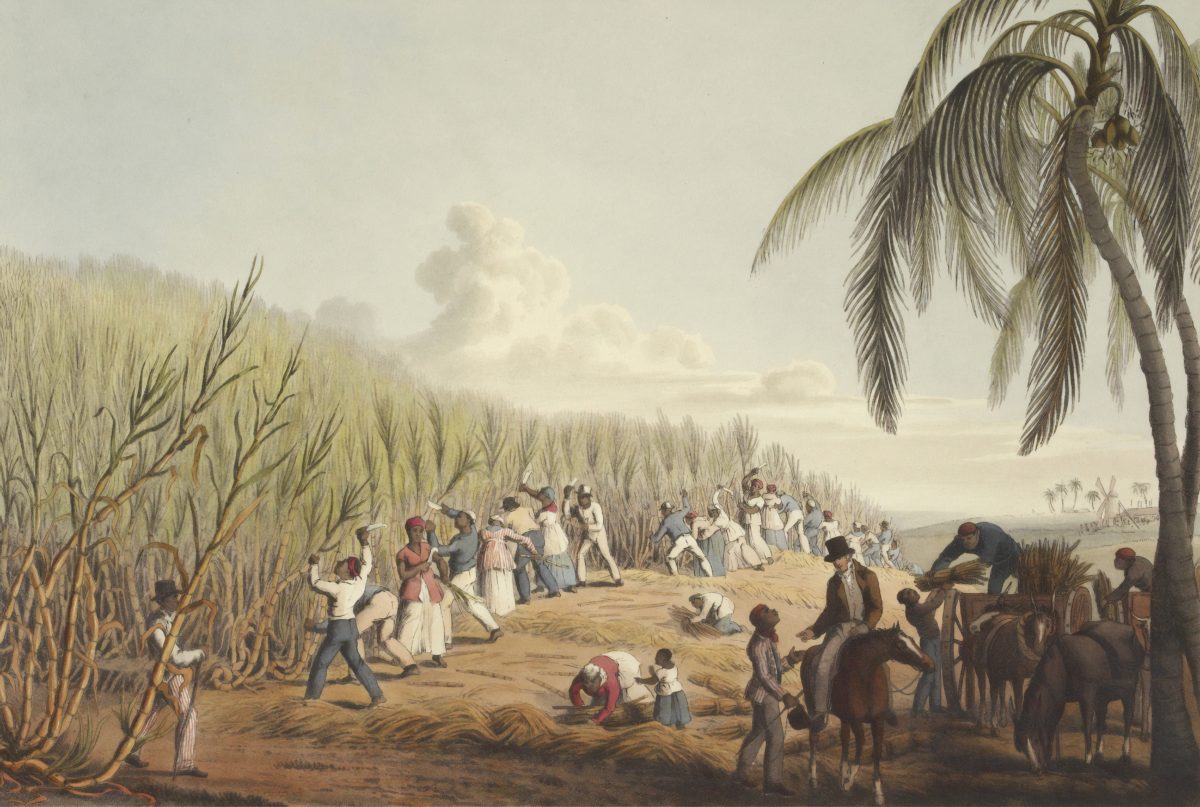
It’s illegal to protect Nature, because we cannot have both a healthy economy and a healthy environment, according to the lords of preemption. Which is to say, it’s illegal to have a people-run democracy that stops profiteers from getting rich by poisoning people, wildlife, the water, air and soil. Were it a foreign nation imposing these intolerable violations of our democratic rights as sovereign people, we’d be waging a foreign war. Instead, we are at war with our own government, which has descended to betraying us to sustain the empire of capital.
And we can conclude that corporate professions of environmental consciousness prove that not only are our laws anti-social, but our whole approach to environmental protection is pathologically deceitful. Regulating the rate at which Nature will be destroyed is not protection. It is a time-released poison pill for planet Earth.
This dire outcome is not the unintended consequence of the corporate empire’s designs, but rather it is intended.
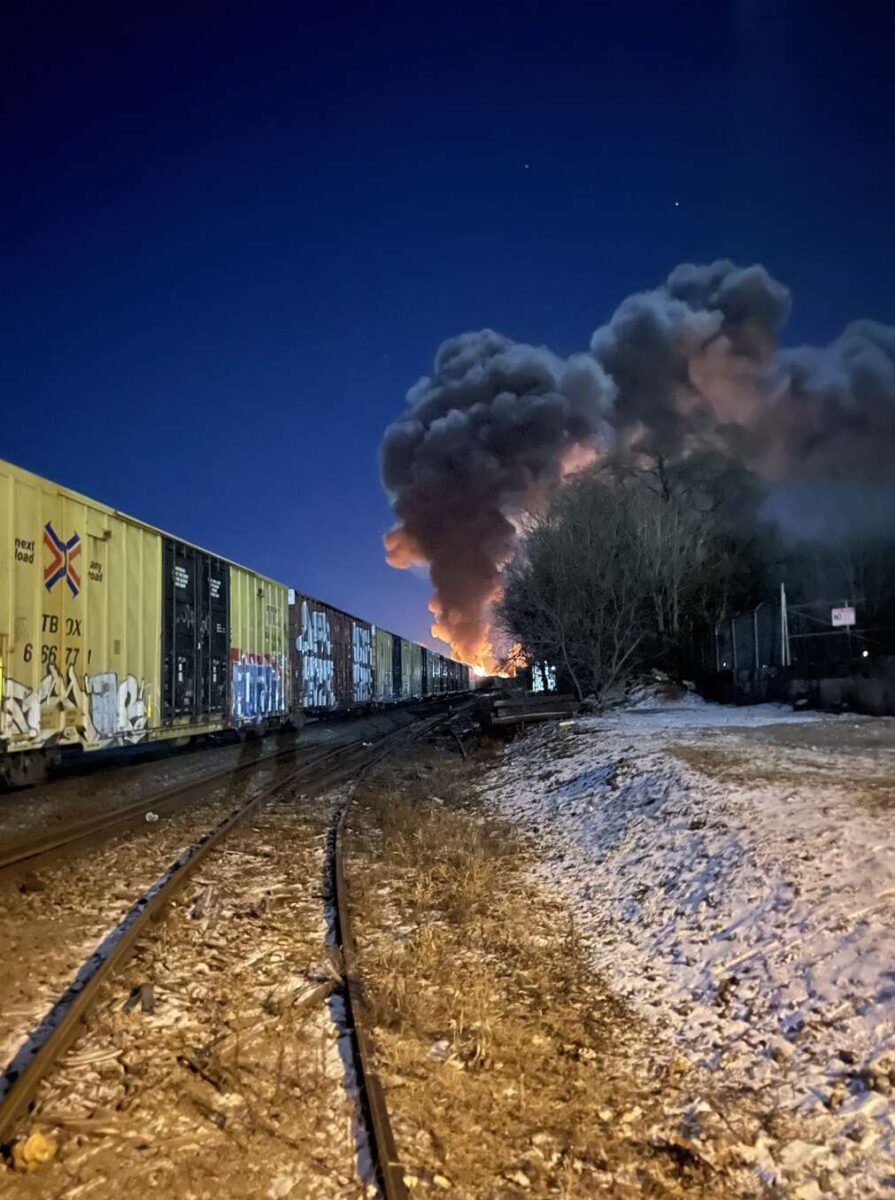
They have become visible to the once bamboozled masses because the empire has come home to roost. The empire has turned inward in its geriatric days, to colonize our hometowns and turn us and our communities into occupied resource colonies, no less expendable than Indigenous communities and commoners in foreign lands. Fracking, pipelines, toxic bomb trains, major mining operations, aerial spraying of carcinogens on privatized monoculture tree stands and surrounding communities,
The American dream has turned out to be a nightmare. Wouldn’t you say?
